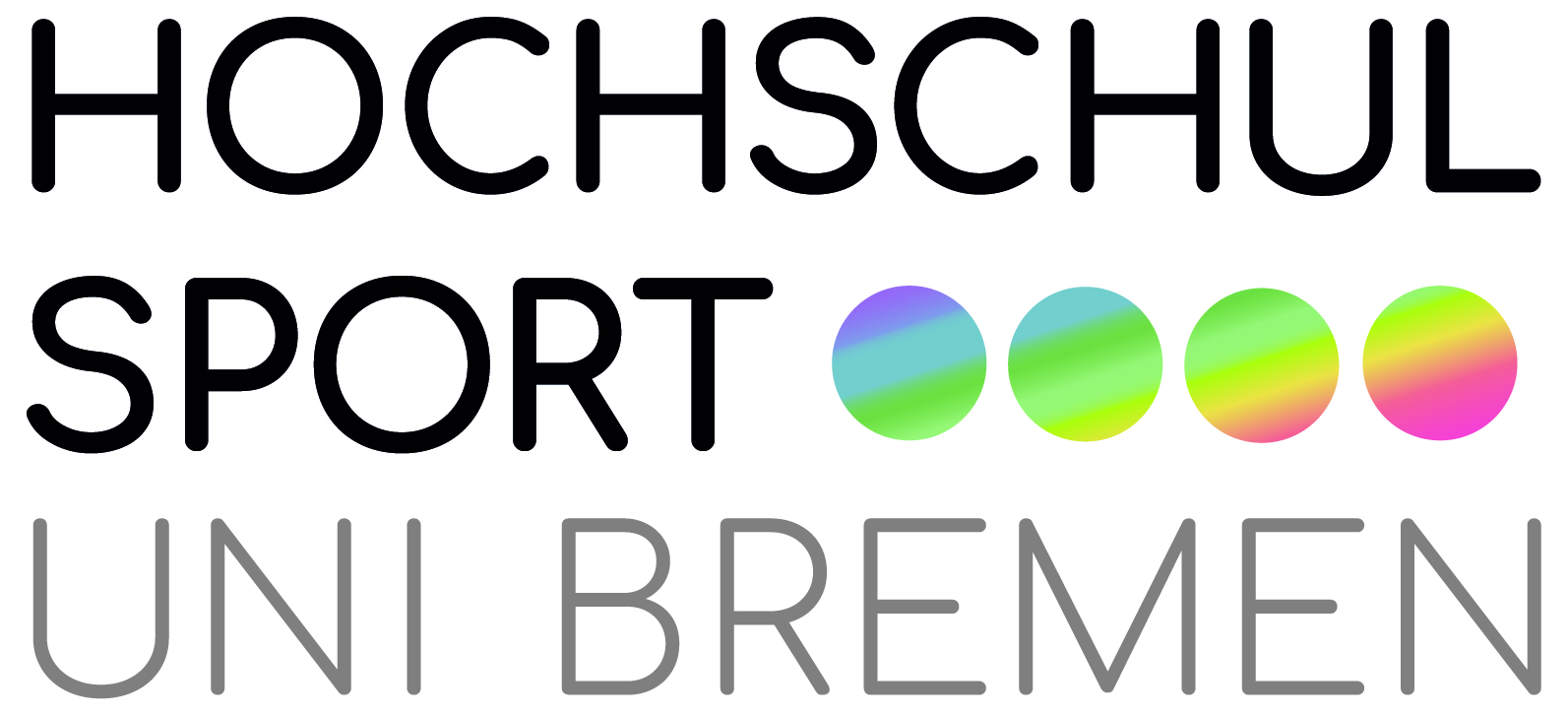Supported by the Deutsche Bundesstiftung Umwelt (DBU), the University of Bremen is in the process of setting up an innovative educational portal: the nation-wide “Virtual Academy” for teaching the foundations of sustainable development.
Announcing project funding in an amount of € 400,000, Dr.-Ing. E.h. Fritz Brickwedde, General Secretary of the DBU, explains: “As educational and research institutions, our universities have a pivotal role to play in laying the foundations for ensuring a sustainable society. However, in order to tackle the awesome task of integrating the topic of sustainability in all existing university departments and study programs we have to develop new forms of teaching and learning.” Professor Georg Müller-Christ, who represents the field of general business administration and sustainable management in Faculty 7, adds: “We want to create a multimedia educational platform which will promote the ecological, economic and social prerequisites for a sustainable future society”. The University of Bremen’s new “e-learning” project will encompass topics like climate change, resource efficiency, sustainable development and eco-social consumption.
“Initially we intend to develop and implement study modules in the disciplines of Economics, Engineering, Teacher Training and the Social Sciences. These modules will include educational videos, expert interviews and self-learning assignments, as well as transparencies for downloading“, says Müller-Christ, explaining some of the tasks to be dealt with during the three-year project. The interactive media portal will base on so-called Web 2.0 technologies and present easy-to-follow academic foundations of sustainable development. Working in close cooperation with the Wuppertal Institute of the Environment, Climate and Energy it is also intended to introduce application-oriented research results directly into the study program. Brickwedde: “This new approach is especially suited to the way students of today like to study.”
The first development stage of the “Virtual Academy” will be completed in the region of North West Germany, says Müller-Christ. During this initial stage, between 15 and 20 courses will be produced for the use of participating universities. It is expected that the universities will supplement these video-supported courses with lectures of their own, thus offering study modules of blended learning – i.e. integrative learning with media modules. The idea is that “The students will then be awarded full study credits by their home universities”, says Müller-Christ.
Plans to ensure the smooth further development of the new offer entail cooperation with the e-learning center of the University of Frankfurt, the Chair for Media Didactics and Knowledge Management of the University of Duisburg, and the Institut für Wissensmedien in Tübingen. Going forward, the study modules are to be expanded step by step in collaboration with educators at other universities in Germany and abroad.
More information can be obtained from Prof. Dr. Georg Müller-Christ, phone 0421 218-66780, E-Mail: gmcprotect me ?!uni-bremenprotect me ?!.de.


